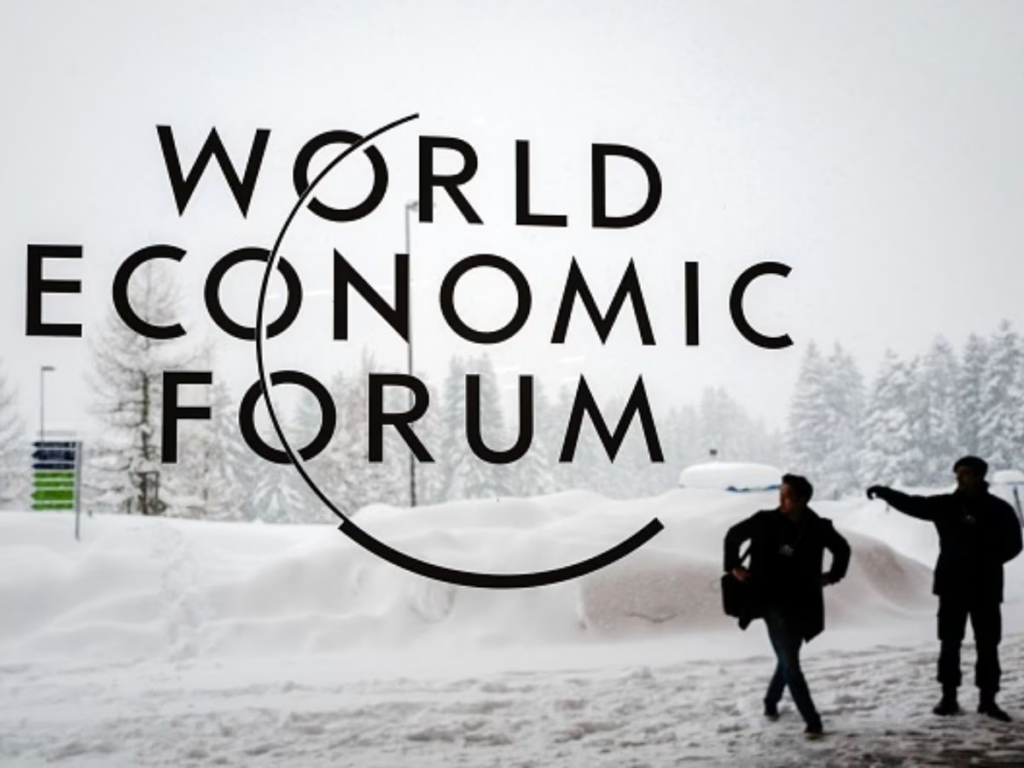On Tuesday, a survey found that India is one of the economies most likely to benefit from supply-chain improvements, even though 45 percent of economists globally expect a global recession this year. The World Economic Forum’s 2018 Chief Economists Outlook predicted regional differences in growth and inflation.
72 percent expect proactive industrial policy to spread during the next three years.
Although most do not see recent financial-sector disruption as a sign of systemic vulnerability, more bank failures and turbulence are expected this year.
China’s reopening is likely to boost business across Asia, contrasting with other regions.
Over 90% of chief economists predicted moderate growth in East Asia and Pacific and South Asia.
Three-quarters of European top economists foresee weak or extremely weak growth. In March-April, US respondents were more positive than in January, although financial stability and monetary tightening obscured economic predictions.

South Asia, East Asia and Pacific, Latin America and the Caribbean, and the US are most likely to benefit from supply-chain improvements, according to the WEF’s Community of Chief Economists’ March-April 2023 quarterly study.
Vietnam, India, Thailand, Indonesia, Mexico, Turkey, and Poland were frequently named as probable beneficiaries.
The chief economists predicted major supply chain shifts in semiconductors, green energy, autos, pharmaceuticals, food, energy, and technology.
The leading economists also identified corporate initiatives that will change global supply networks. 94% of respondents expected enterprises to rearrange their supply chains to align with geopolitical faultlines.
Inflation expectations rose in all areas in 2023, and 76% of senior economists forecast the cost of living to stay high in many countries.
Chief economists voiced confidence in global market systemic integrity after recent bank crises and financial market volatility.

Two-thirds expected more bank failures and disruption, and more than 80 percent expected tighter lending requirements to make bank loans harder to get.
“The latest edition of the Outlook highlights the uncertainty of current economic developments,” stated Saadia Zahidi, Managing Director, World Economic Forum.
Labor markets are resilient, but growth is slow, global tensions are rising, and many countries’ cost of living is high. “These results confirm the urgent need for both short-term global policy coordination and longer-term cooperation around a new growth framework that hardwires inclusion, sustainability, and resilience into economic policy,” she said.
The survey was issued ahead of the WEF’s Growth Summit in Geneva on May 2-3, which will explore global growth, economic hotspots, competitiveness and collaboration, employment, skills, and equity.

